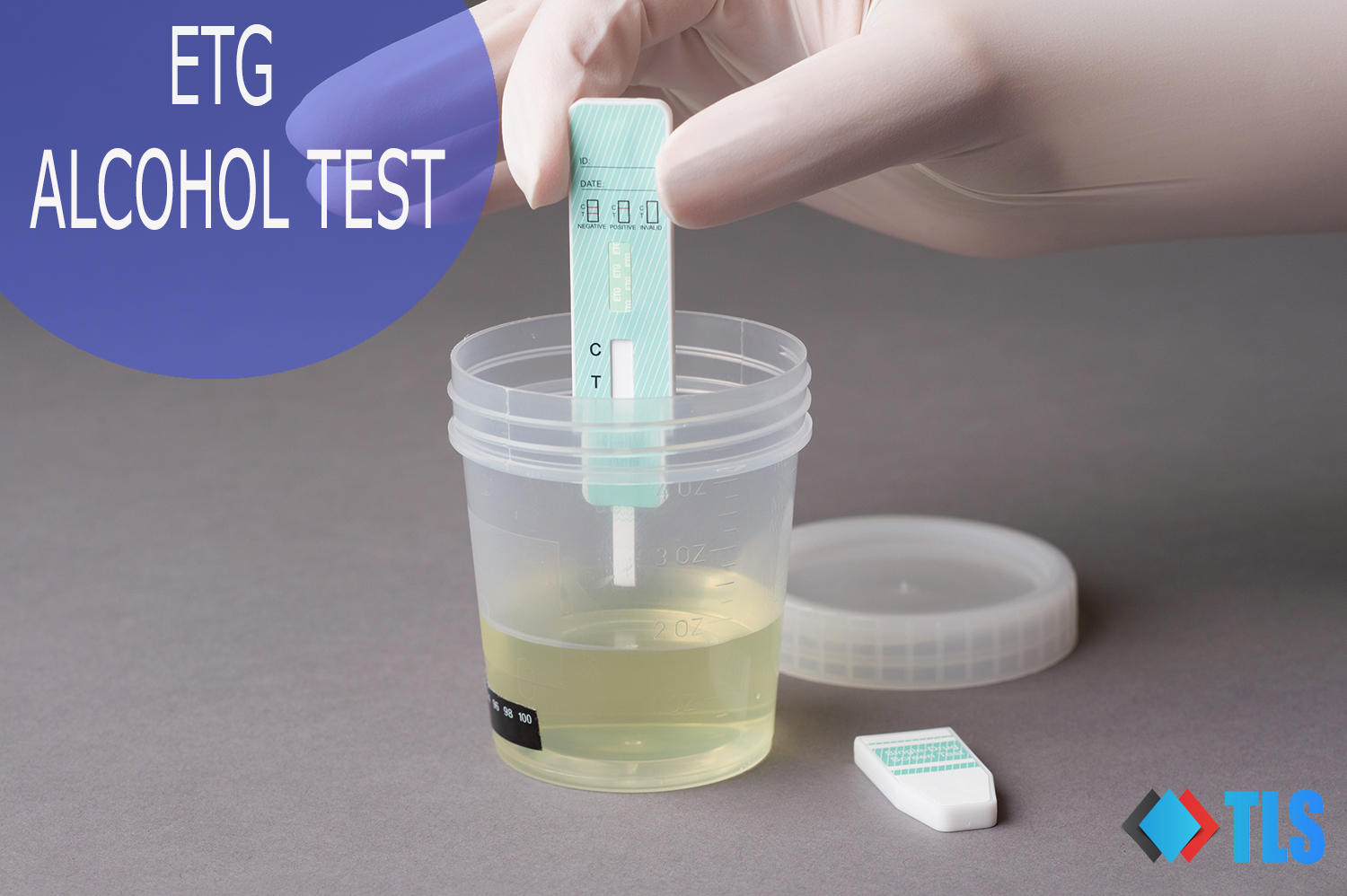How Long Does Nicotine Stay in Your System? Complete Guide

Nicotine is one of the most common intoxicants found in cigarettes and tobacco. It is named after the Solanaceae plant Nicotiana tabacum, which was named after French Jean Nicot de Villemain, who had introduced the plant during the 16th century in Paris.
The alkaloid constitutes nearly 3% of the total dry weight of tobacco, mostly in its leaves and roots. Nicotine can also be found in smaller amounts in plants like tomatoes, eggplants, potatoes, coca leaves, and green peppers.
Nicotine was also used as an insecticide during the late 17th century. It has the effects of antiherbivore which is lethal to insects. In 2008, the United States banned the use of nicotine as an insecticide, as it was highly poisonous to humans, and was being rapidly absorbed through the skin.
Effects Of Nicotine On Human Body
A high concentration of nicotine (about 30 to 60 mg) is considered to be neurotoxic- it can be fatal to human beings and a deterrent to insects.
When consumed, nicotine usually affects the nervous system apart from causing other effects such as decreasing appetite, relieving depression, boosting mood, enhancing brain activities and improving memory and cognition.
It also leads to stimulation of intestinal motility, an increase in heart rate and blood pressure, an increase in salivation, symptoms of nausea and vomiting. When you use nicotine, it enters the blood stream of your body.
The time to get rid of the intoxicant depends on the rate of metabolism of the body and the individual capabilities of the body.
How Long Does Nicotine Stay in Your System
When nicotine is consumed by chewing tobacco or smoking, it is converted into cotinine within the liver and lungs before they are passed out of the body through urine. Presence of nicotine in system is detected by testing blood, urine, hair, and saliva.
Blood Test For Nicotine or Cotinine
It is the most accurate test for nicotine. A lab test can detect the presence of nicotine or cotinine along with its absolute level.
However, under certain circumstances, tests may detect you positive even though you have not consumed nicotine directly. It may occur due to number of reasons such as, intake of foods that contain a chemical known as thiocyanate found in almonds, cabbage, broccoli, and mustard.
Other reasons may include exposure to high levels of thiocyanate in places like a metal refinery, medications of amphetamines, etc.
— How Long Does Nicotine Stay In Your Blood
The time for which nicotine remains in blood depends on what is being tested- nicotine or cotinine. If your blood is tested for nicotine level, nicotine usually goes away within 1-3 days after you stop taking. If it is tested for cotinine levels, it can be detected within 10 days since the last use of tobacco.
Urine Test For Nicotine or Cotinine
It is the cheapest, easiest and also the most common method of nicotine detection. In this method, a urine sample is collected into which a test strip is dipped for 5 minutes. Colored line starts appearing on test strip depending upon nicotine presence. Follow test kit manual to decode color line.
— How Long Does Nicotine Stay In Your Urine
Levels of nicotine or cotinine may not be detectable after 3-4 days of stopping tobacco intake. However, it may be detected in passive smokers for 15 to 20 days. In case, menthol cigarettes are taken, cotinine may take a longer time to be excreted through wastes.
Test For Nicotine In Hair
Since hair takes a long time to grow, it is a reliable source of measuring long-term nicotine use. However, the test is quite expensive.
Under this method, hair is usually pulled out of the scalp or is taken as close to the scalp as possible for performing the test. For bald people, hair may be taken from other parts of the body.
— How Long Does Nicotine Stay In Your Hair
This test can be taken even months after smoking. It is most accurate within 1 to 3 months after stopping tobacco intake and can detect the presence of nicotine up to one year. This test is usually performed when all other tests show unsatisfactory results.
Test For Nicotine In Saliva
This is the most sensitive test for detection of cotinine in saliva. To perform this test, a sample of saliva is taken to dip test strip in for 20 minutes.
— How Long Does Nicotine Stay In Your Saliva
Cotinine levels in saliva can be detected up to 4 days after smoking.
Nicotine Half Life
Nicotine has 1–2 hours of half life. Cotinine, an active metabolite of nicotine, remains in the blood for 18–20 hours, and makes it easier to analyze the half-life.
Nicotine Addiction- Is Nicotine Addictive?
It takes just a milligram of nicotine to stimulate the brain, but that is enough to induce smoking addiction. The brain creates substances known as neurotransmitters that help in determining sensations and emotions.
As nicotine is inhaled, such neurotransmitters are masked, deceiving the neurons by replacing acetylcholine on the receptors. This leads to an excessive secretion of dopamine that induces euphoria.
What Are The Problems Of Nicotine Addiction?
After the smoke, the euphoria disappears as the effect of nicotine ends. This leads to the urge to take another bout of smoke, creating a cycle leading to intense addiction.
Some smokers may experience symptoms of nicotine withdrawal when they try to quit smoking. Such symptoms may include an intense craving for a smoke, depression, drowsiness, anxiety, disturbed sleep, headache, frustration, weight gain, inability to concentrate, etc. Such symptoms usually peak after 2 to 3 days from quitting smoking.
Factors That Make Drug Stay Longer In Your Body
A number of factors can be traced to the varying duration for which nicotine stays in the body. Such factors include the following:
- Individual factors: It is one of the most important factors that determine the speed at which nicotine is metabolized and removed out of the body. Such factors include- Age, hormone levels, food intake, genetics, medications, medical conditions and time of the day.
- Mode and method of ingestion: The mode of taking in nicotine affects how it is metabolized by the system. Nicotine is metabolized more efficiently when it is taken by non-smoking methods, such as by lozenges, gums, tablets, nasal sprays or transdermal patches, as compared to smoking.
- Menthol content: Taking in nicotine along with menthol alters the metabolism process of nicotine. This occurs as the menthol inhibits CYP2A6, the chief enzyme that metabolizes nicotine in the liver. Therefore, nicotine can stay for a longer period in the system of a person who takes menthol-based cigarettes than the ones who smoke non-menthol cigarettes.
- The dosage of nicotine: The duration for which nicotine stays in the system depends on the dosage of nicotine intake. Higher dosage will involve more days for the body to get rid of nicotine as compared to a lower dosage.
- The frequency of usage: It is not a surprise that a person who smokes more frequently is likely to take a longer time to get the accumulated nicotine metabolized than the one who smokes infrequently. Duration and frequency of nicotine usage significantly alter the rate of nicotine clearance from the body.
How Is Nicotine Absorbed By The Body?
The rate of absorption of nicotine is directly related to its pH level. Highly alkaline nicotine is absorbed more efficiently through the membranes of the cell, while highly acidic nicotine is absorbed less efficiently through the membranes.
- Smoking cigarettes: The pH level of a traditional cigarette is largely unionized that results into accelerated absorption through the lungs. When a person inhales a tobacco smoke, the alveoli and small airways of the lungs absorb them due to their large surface area. This is followed by the transfer of nicotine across the cell membranes that increase blood concentrations until the person finishes his smoke.
- Chewing tobacco: When tobacco is chewed, alkaline nicotine is ingested into the body. This results in improved absorption within the mouth through the mucous membranes.
- Nicotine replacement therapy: Nicotine replacement products such as nicotine patches, gums, lozenges, inhalers, and tablets are all alkaline in nature, that facilitate the rate of absorption of nicotine through the cell membranes.
How Does Nicotine Metabolize And Excrete?
As the nicotine is absorbed, it is primarily metabolized by the liver and finally converted into 6 metabolites. About 80% of nicotine is converted into cotinine.
This is why individuals are tested for the presence of cotinine to determine their smoking habits. Around 7% of the nicotine is metabolized into “nicotine-N-oxide”. The remaining four metabolites include- Nicotine Glucuronide, 2’Hydroxynicotine, Isomethonium ion and Nornicotine.
How To Get Nicotine Out Of Your System?
- There are several ways to get rid of nicotine from your body. The best way is to drink plenty of water. The water in the body will get the intoxicants out of the body if consumed regularly.
- You can also try having all sorts of juices, which act as antioxidants. These are really beneficial in dealing with the intoxicants. If you have the juices regularly, you will be able to neutralize the ill effects of the intoxicants.
- You can also eat food that boosts up the production of bile. These include onions, tomatoes, and other vegetables. Once the production of bile in your body is increased, you will be able to deal with the problem in a better way as the metabolism rate in your body will get a boot.
- Regular exercise also allows the metabolism of the body to be boosted up. This results in faster neutralization of the toxins in your body.
In case you are addicted to nicotine, it is advisable to get rid of it. You can go to the professionals who cure the problems and live up to the best of health.





